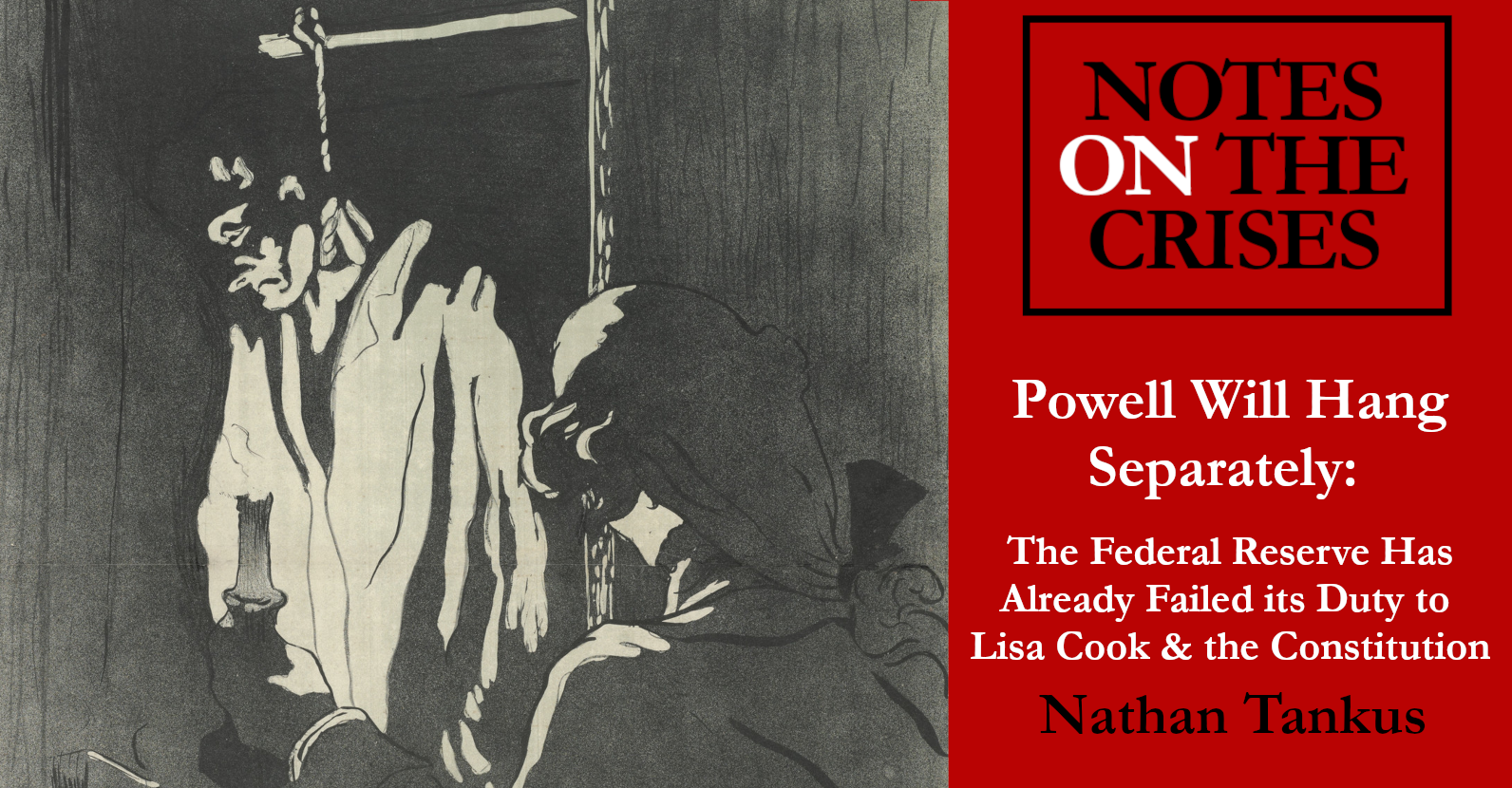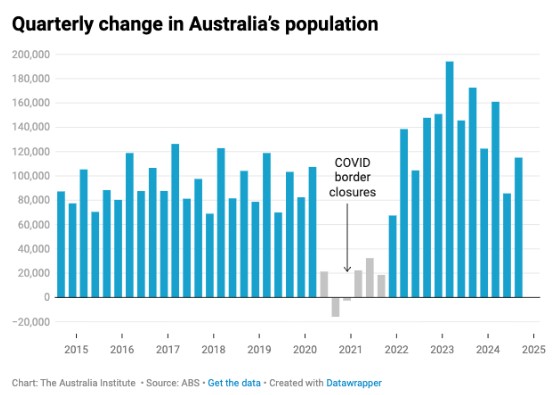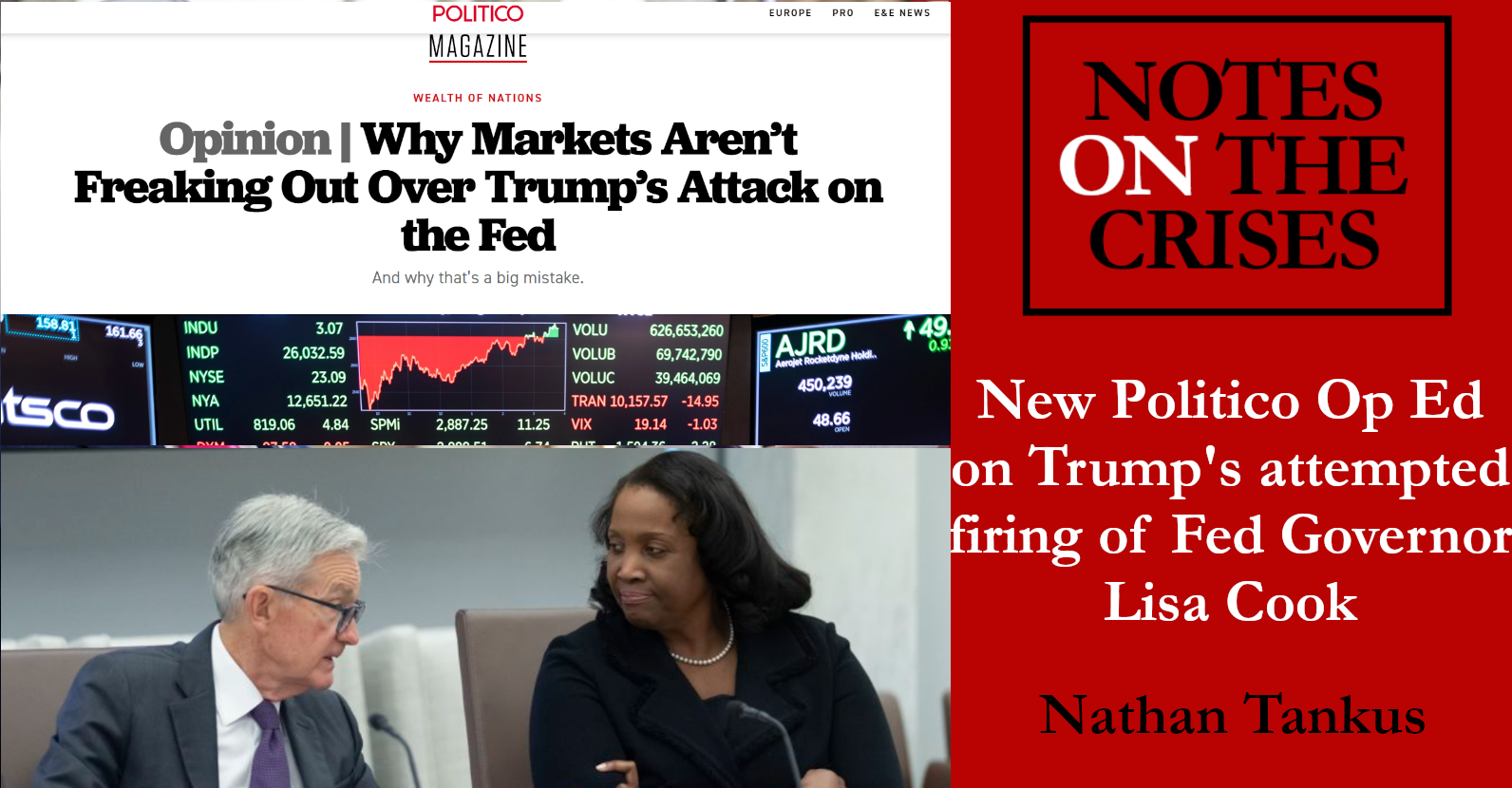It‘s been revealed that Santos’ Darwin LNG gas export terminal has been leaking large amounts of climate-destroying methane gas for 20 years – and gas companies and governments have failed to act.
This confirms The Australia Institute’s long-held concern that methane emissions are grossly underestimated and Australia’s regulators have been captured by the gas industry.
The reporting confirms that despite all relevant regulators and governments knowing about the leaks, the emissions will continue to go unreported and will not be included in Australia’s greenhouse gas reporting. Incredibly, Santos will be allowed to use the leaking tank until 2050 without fixing it.
It further confirms that the Northern Territory EPA (NTEPA), the CSIRO, the Clean Energy Regulator (CER), the National Offshore Petroleum Safety and Environmental Management Authority (NOPSEMA), and NT WorkSafe all knew about the leak – and did nothing.
Santos will receive all the gas from the Barossa gas field that will feed its leaking Darwin LNG export terminal for free, as the Australian government will not charge it royalties. It is also very unlikely to pay Petroleum Resource Rent Tax and, according to the most recent AT0 Corporate Tax Transparency data, Santos LTD has paid virtually no company tax since 2016.









